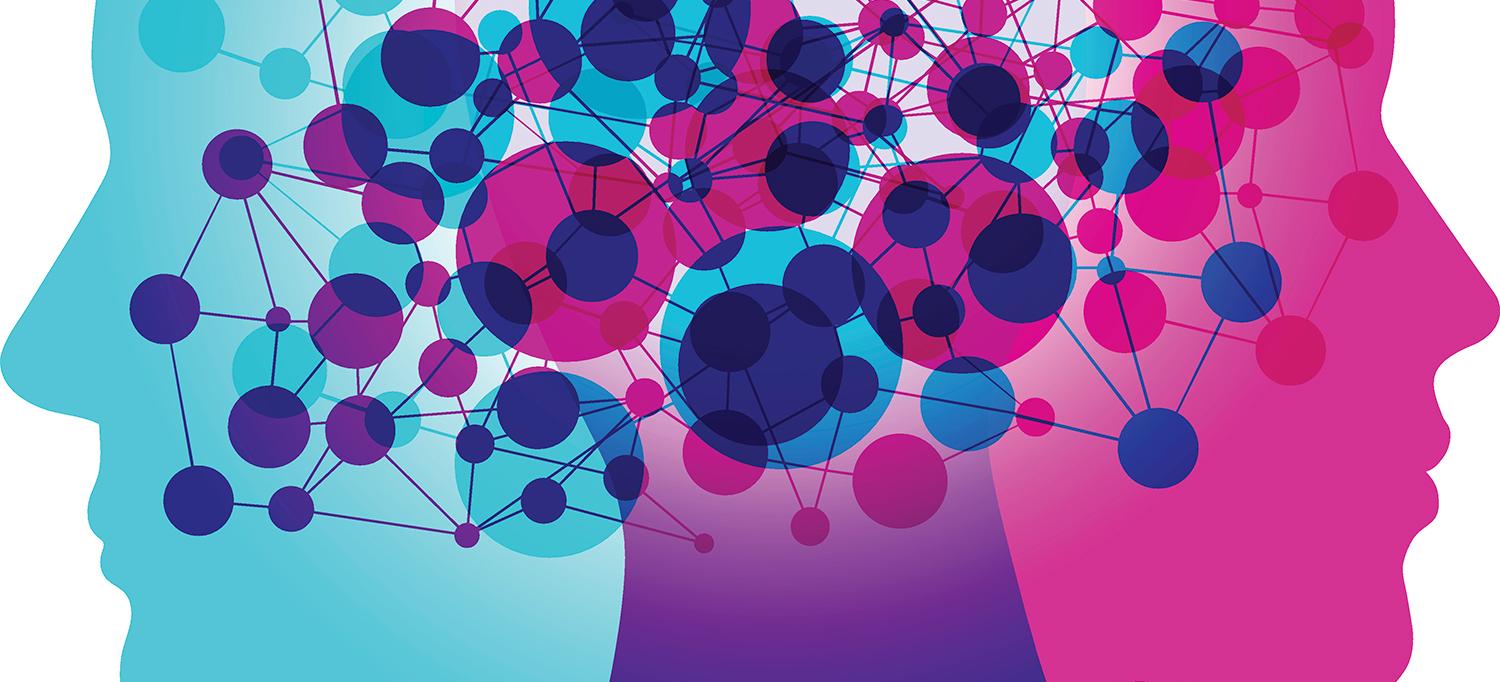
Photo: Getty Images
Oxytocin, a brain chemical dubbed the “love drug,” is thought to be the hormonal glue that binds mother and infant. In mice, it attunes a mother to the ultrasonic distress calls of a lost pup, enabling her to find and retrieve her helpless newborn. Neuroscientist Robert Froemke, PhD, and his research team at NYU Langone Skirball Institute of Biomolecular Medicine, wondered if oxytocin is potent enough to induce such maternal behavior in mice that have never given birth.
As part of a study published in Nature, the researchers paired three groups of “non-moms” with veteran mothers and observed how the mice responded to the pleas of distressed pups. One group of non-moms received injections of oxytocin, a second received injections of saline solution, and a third was genetically engineered to express oxytocin-releasing brain cells sensitive to light. Implanted fiber optics allowed the researchers to flash blue light onto the cells and stimulate the release of oxytocin.
Within 12 hours, the mice that received oxytocin either through injection or optical stimulation began retrieving more distressed pups than those that received only saline injections. After three days the oxytocin-enhanced non-moms were rescuing pups at the same rate and speed as the veteran mothers. “With oxytocin, the non-mom acts like a foster mom,” says Dr. Froemke, whose study was supported by The Esther A. & Joseph Klingenstein Fund, Inc. “She isn’t lactating, but she can pick them up and return them to the nest.”
The researchers believe this insight into oxytocin and maternal behavior is a valuable step toward the development of oxytocin-based treatments for autism, schizophrenia, post-traumatic stress, and other disorders that affect social behavior.

